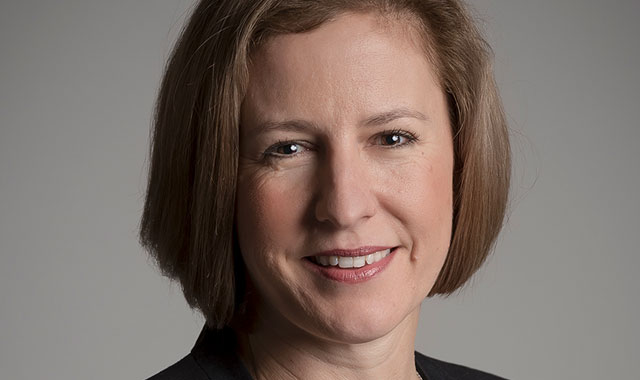
Small cap IT company Adapt IT is on track to achieve its revenue goal of R3bn by 2020, says CEO Sbu Shabalala.
It is an ambitious objective considering the company turned over R803m in its financial year to June 2016. It’s less ambitious when one considers that Adapt IT grew turnover 38% from R578m the previous year, operating profit by 58% from R78,1m and headline earnings per share by 36% from 42,34c to 57,61c.
Over the past five years, earnings have compounded at 28%/year and operating profit has compounded at 43%/year.
Shabalala makes no secret of the fact that the company has grown by means of targeted acquisitions and that this will remain the growth strategy in the foreseeable future. But he points out that of the company’s 38% turnover growth, 9% of this was organic which is not too shabby given that the country’s overall growth rate is zero or thereabouts.
Roughly 73% of turnover was derived from the South African market, 13% from other African countries and the remaining 14% being split between the Americas, Australasia and Europe.
Adapt IT provides specialised software solutions and services to the education, manufacturing, energy and financial services sectors. Deals concluded in the year include CQS, which sells its own and third-party audit, data analytics, risk management and financial reporting software into the public and private sectors. This complements Adapt IT’s financial services offering.
CQS, which has been incorporated for six months, contributed R32,9m to the group’s after tax profit.
It also acquired New Zealand-registered business Meta Office, which serves the higher education sector, and locally based Multimatics, which provides business intelligence solutions to the telecommunications market.
From the date of acquisition, January, they contributed R1,1m to after-tax profits.
If one excludes the acquisitions, after-tax profits were down by about 10% year on year. However, Keith McLachlan, small cap portfolio manager at Alpha Wealth, says that this figure could be misleading for a number of reasons: the once-off costs of acquiring CQS; higher finance charges related to the acquisitions and increased group overheads due to building a bigger team to handle the larger business.
“Management believes that if these variables are controlled for, then profit after tax would have organically grown by the same amount that revenue did, about 9% year on year.

“This organic growth may look low,” he adds, “but given the context of zero GDP growth in South Africa, this is massive organic growth and is quite sustainable at this level and, if GDP recovers, at a much higher level going forward.”
To adjust for this growth, the group has appointed Nombali Mbambo, 34, as its chief financial officer. This allows Tiffany Dunsdon to resume her former role as commercial director of the company and MD of international operations. Among her responsibilities will be mergers and acquisitions as well as capital raising.
“As we grow, we need to ensure the centre is strong enough,” says Shabalala.
Underpinning the acquisition strategy is the desire to diversify its offering. While the intention is to remain a provider of niche software solutions (that can be rolled out at scale), the company has over the years increased its horizontal penetration, expanding from its original base in manufacturing into education, financial services and oil and gas.
In the current climate this is paying off. “Our customers are feeling pressure. While they need IT in order to function effectively they are not driving any new initiatives,” says Shabalala.
“Consider the challenges facing higher education, or the upstream oil and gas market, or the manufacturing industry. Our strategy is to diversify our client base rather than try to extract more from current clients. For instance we have two new education clients in Rwanda,” he says.
Market conditions are expected to remain tough. This makes it an opportune time for acquisitions and the company is well placed for this. “AdaptIT’s business is very cash generative, has spare capacity for further debt at group-level and can still issue script, so the group still has plenty of capacity to make acquisitions,” says McLachlan.
Cash and cash equivalents increased by R40m to R77,7m over the course of the financial year. Retained earnings increased by 40%, from R159m to R218m over the same period.
The dividend increased by 32% to 10,9c from 8,23c.
- This article was originally published on Moneyweb and is used here with permission




